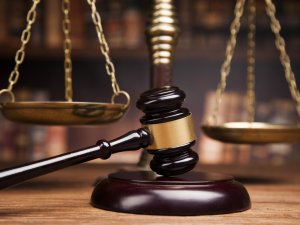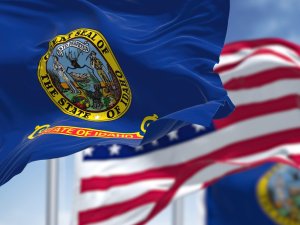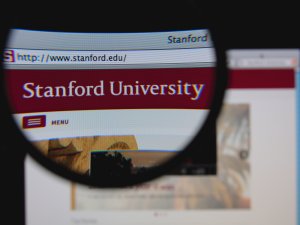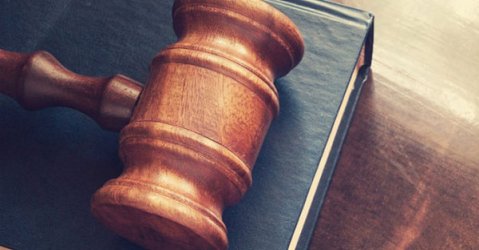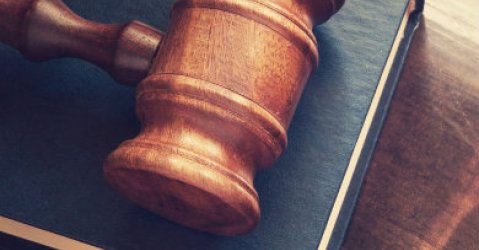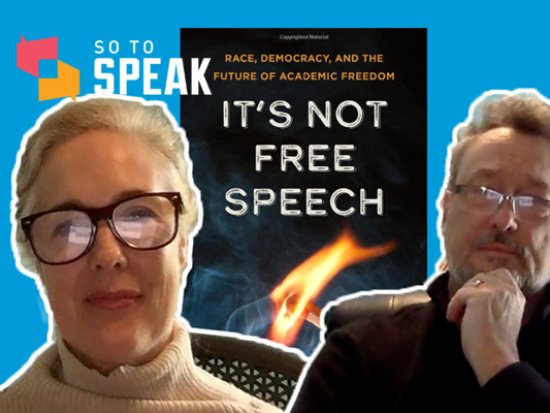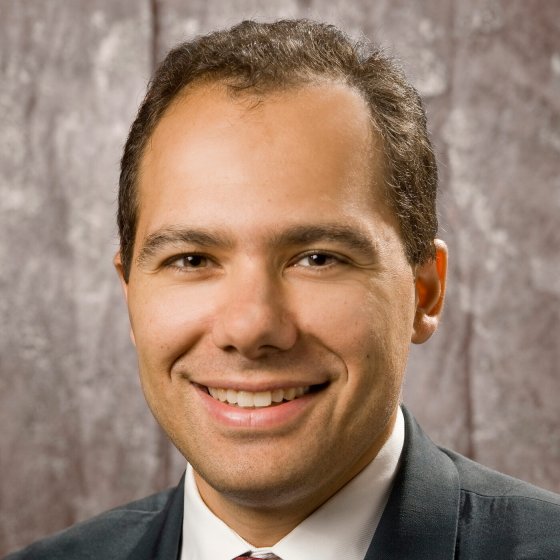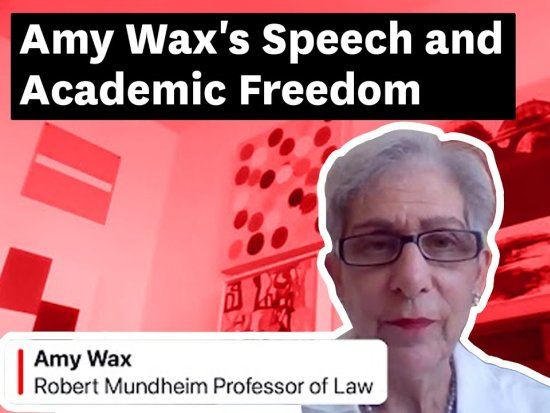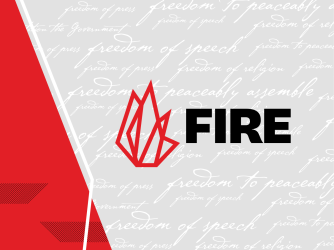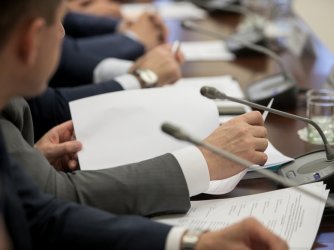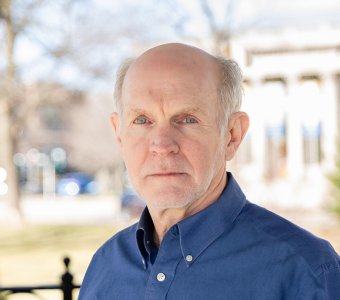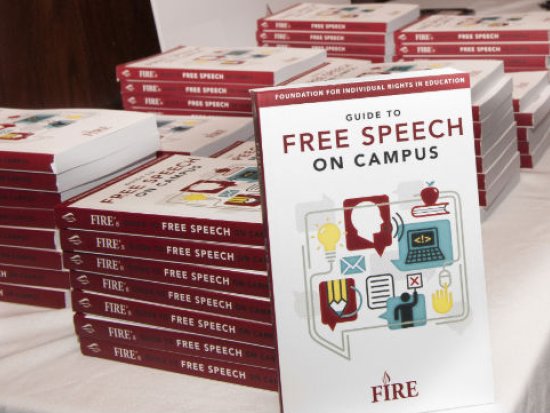Academic freedom gives faculty the right to teach, research, and speak about matters of public concern without being punished — even where their views, findings, or methods are controversial. Educators on college and university campuses must be free to speak their minds, ask tough questions, and facilitate learning without the threat of institutional censorship, coercion, or intimidation.
The United States Supreme Court ruled in Sweezy v. New Hampshire (1957) that the government should be “extremely reticent to tread” in areas of academic freedom rights and political expression, especially when the views challenge prevailing norms. Chief Justice Earl Warren held that research and scholarship “cannot flourish in an atmosphere of suspicion and distrust,” and that students and faculty “must always remain free to inquire, to study and to evaluate, to gain new maturity and understanding; otherwise our civilization will stagnate and die.”
"The foundation of intellectual discovery": The role of academic freedom in civil society

